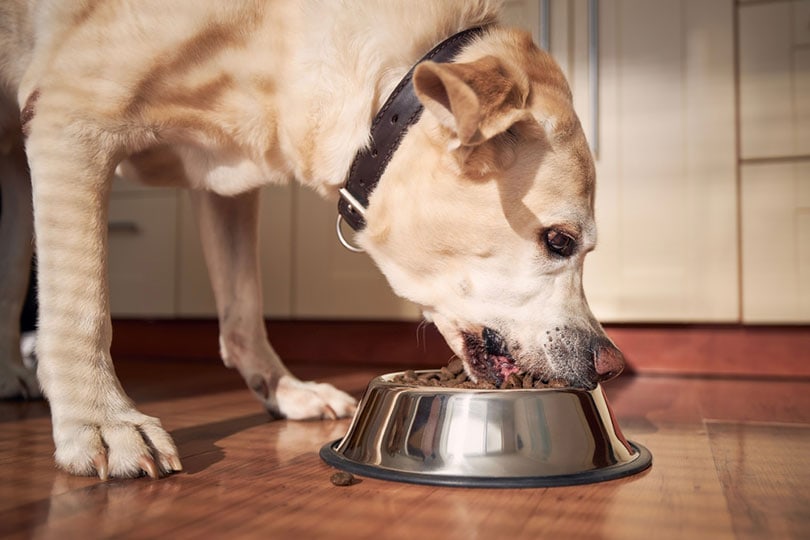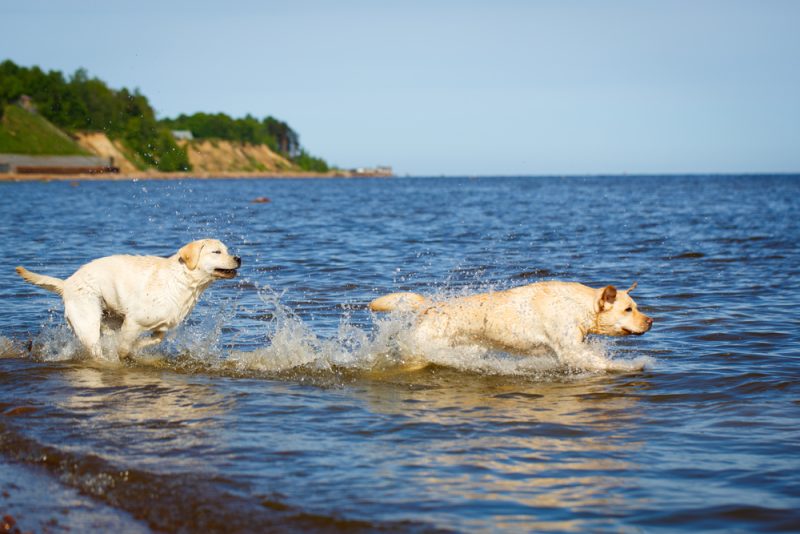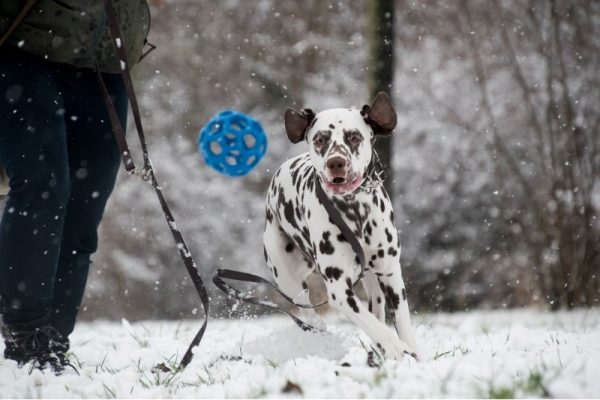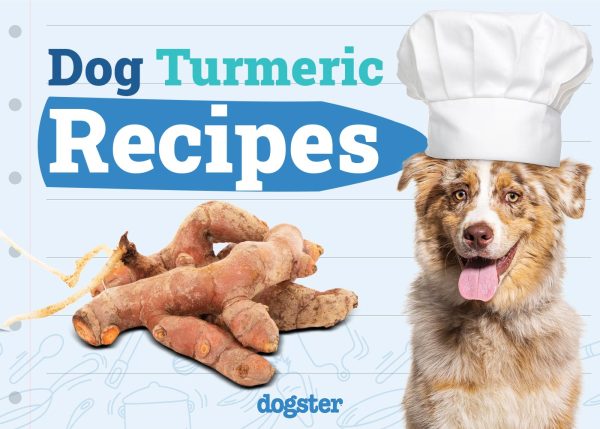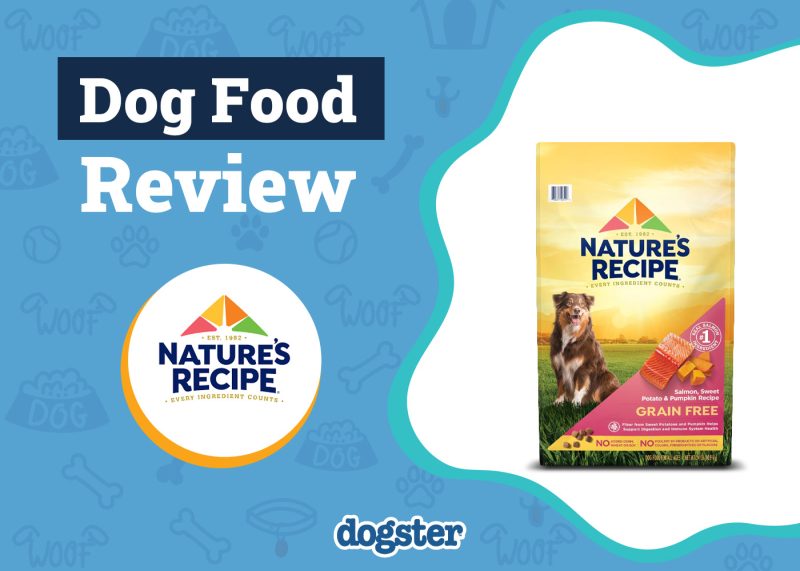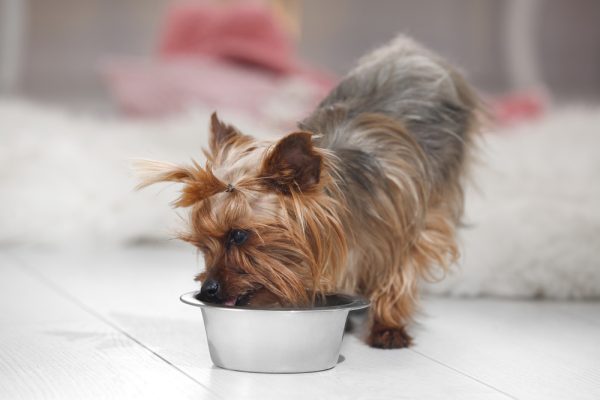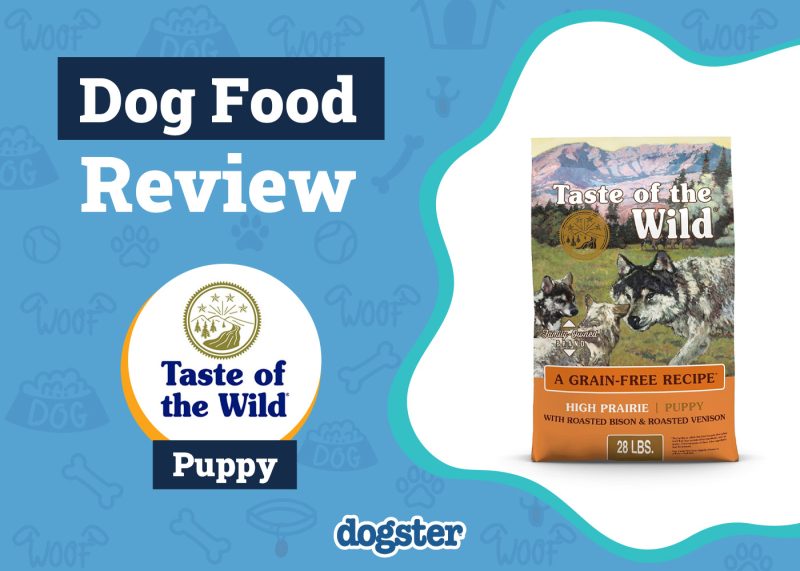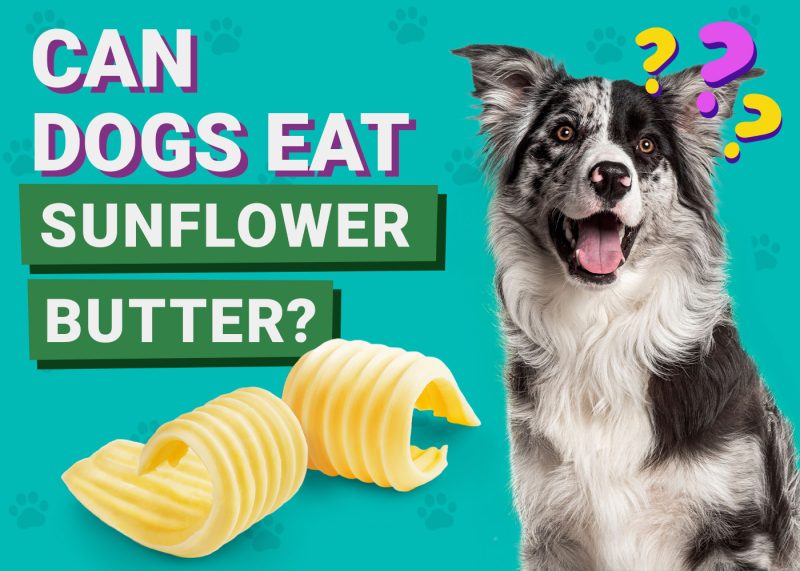In this article
View 2 More +You might be concerned about how safe turkey meal is and why pet food companies don’t just use more real turkey meat. Turkey meal and other meat meals are common ingredients found in dog food. Most dog food companies put meat meals in their recipes to add more protein, vitamins, and minerals.
Here’s what you need to know about this ingredient and how to avoid feeding your dog low-quality ingredients that may be incorporated into dog food. In short, though, turkey meal is safe for dogs. Read on to learn more.

Is Turkey Meal Safe for Dogs to Eat?
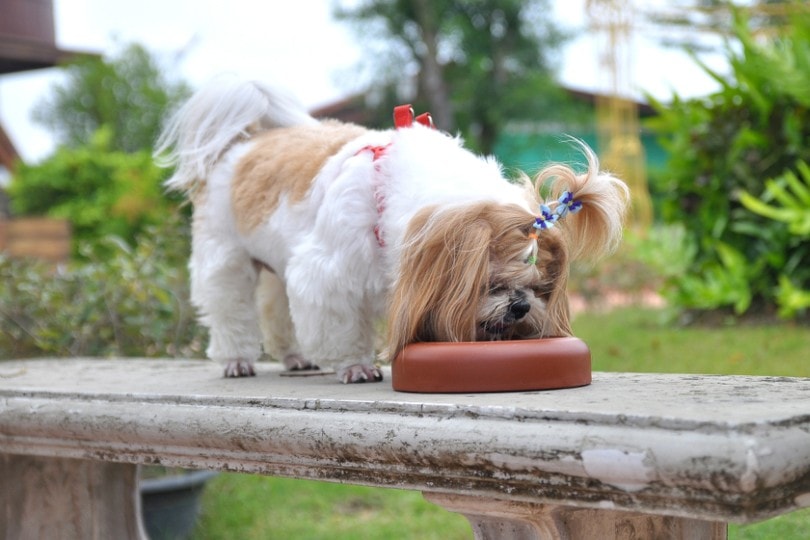
Turkey meal is completely safe for dogs. According to the Association of American Feed Control Officials (AAFCO), “Meat Meal is the rendered product from mammal tissues, exclusive of any added blood, hair, hoof, horn, hide trimmings, manure, stomach, and rumen contents except in such amounts as may occur unavoidably in good processing practices.”1
In other words, you don’t have to worry about any unsanitary or unwholesome turkey parts being incorporated into your dog’s food. Turkey meal only consists of meat tissue. To meet the AAFCO’s standards of meat meal, turkey meal must also be processed in a way that destroys harmful bacteria and has an end product with a high protein content.
Dog food recipes containing a specified meat meal, like turkey meal, beef meal, or salmon meal, all contain just the parts of the specified meat. So, turkey meal is free of other sources of meat.
Animal By-Product Meals
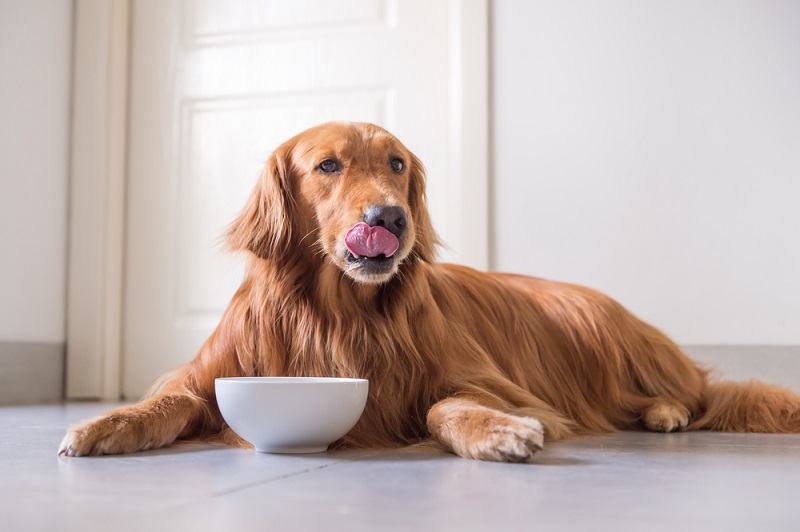
While turkey meal is safe for dogs to eat, you do want to be wary of unspecified meat meals and by-product meals. Some dog food ingredient lists will contain “meat meal,” and it’s unclear as to what sources of meat are inside it. For example, it could be a mixture of beef and chicken. So, if your dog has any food allergies, it’s best to avoid food containing unspecified meat meals.
You may also encounter dog food that contains animal by-product meals. Their contents can contain animal meat, along with organs, fatty tissue, and bone. Poultry by-product meals can also contain necks, feet, undeveloped eggs, and intestines.
Animal by-product meal is a cheap alternative with low-quality ingredients that certain dog food companies use to raise the food’s protein content. Since more parts are included in animal by-product meals, it’s unclear as to what exactly is inside of them. It’s best to avoid this ingredient, especially if your dog has food allergies or sensitivities.
Why Turkey Meal Is in Dog Food
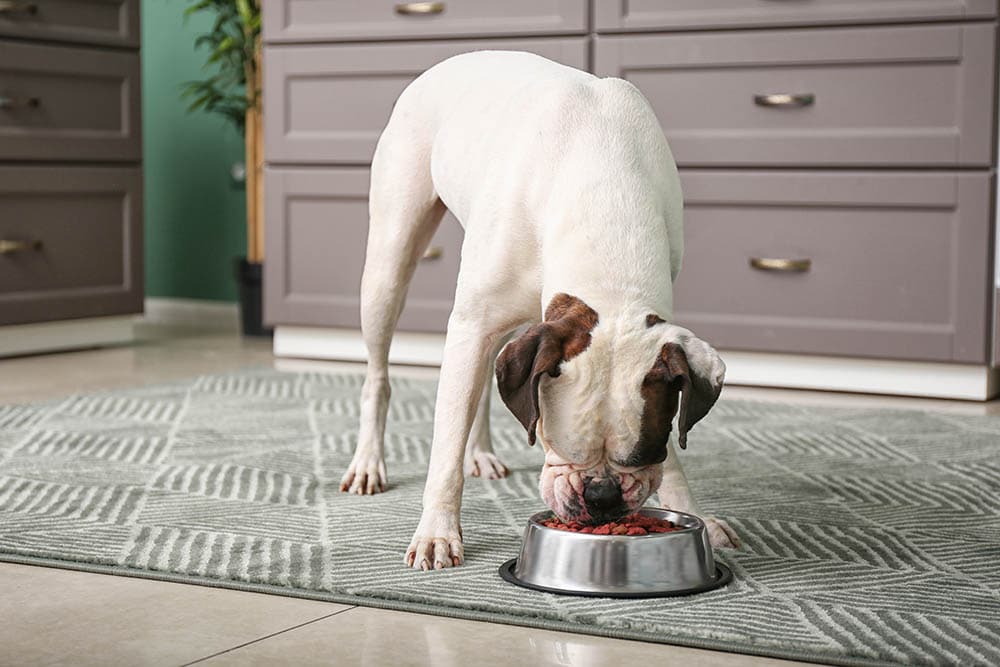
Turkey meal is in dog food to ensure that the food contains enough protein for dogs to eat. Canines are omnivores, but their diet must consist of an adequate amount of protein. The average adult dog needs a diet consisting of a minimum of 18% protein and a maximum of 30% protein.
Many dog food companies will use real turkey in their foods. While whole turkey is an ideal ingredient, it consists mostly of water. So, once manufacturers dehydrate it, they’re left with a low volume of meat.
In contrast, turkey meal is made through a rendering process that evaporates the water in the whole turkey meat. Then, it’s cooked and ground into a protein-rich powder that can be incorporated into dog food.
Turkey meat can consist of about 70% water and 18% protein, while turkey meal can consist of 90% protein and just 10% water. So, turkey meal is a more efficient way to add high-quality protein to dog food.
Why Dogs May Get Sick Eating Dog Food With Turkey Meal
If you’re feeding your dog a food that contains turkey meal and they keep getting sick, there may be several reasons that they can’t digest the food properly.
Meat Allergies
Your dog may have food allergies or health issues with their digestive tract. If your dog keeps getting sick after eating, consult with a veterinarian to rule out any possible medical causes.
If you need to speak with a vet but can't get to one, head over to PangoVet. It's our online service where you can talk to a vet online and get the personalized advice you need for your pet — all at an affordable price!

Check the ingredient list to make sure no other types of meat are included in it. Sometimes, dog food companies will have other types of meat meals incorporated into the formula to add more flavor and protein. Also, remember that dogs with chicken allergies can also be allergic to turkey, as the two types of meat are similar to each other.
Grain Allergies
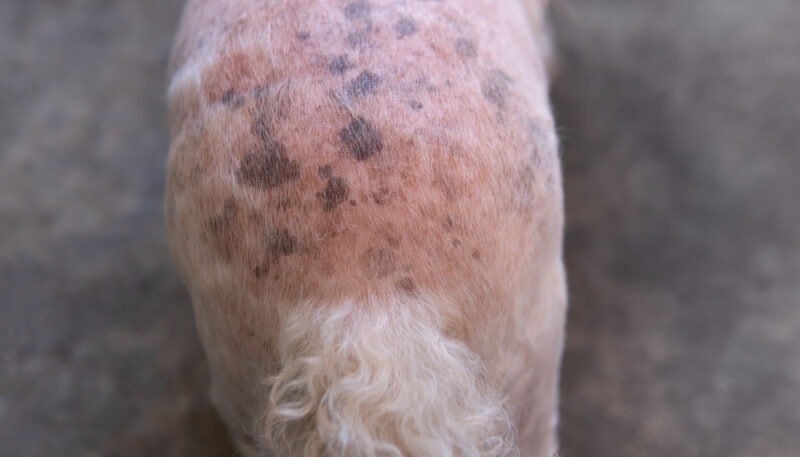
Some dogs can have difficulty digesting certain grains. For example, rice is a common ingredient found in dog food, and certain types of rice can help with digestion due to its fiber content. However, dogs with gastrointestinal issues might need to avoid eating rice because they have difficulty processing and digesting all the components.
If your dog has a sensitive stomach, you may want to consider switching to a limited-ingredient dog food or a brand with a sensitive skin and stomach formula. These types of recipes typically only contain a single source of meat, have short ingredient lists, and use ingredients known to be easily digestible for canines.

Conclusion
Turkey meal is a completely safe and nutritious ingredient for canines to eat. So, if you see it listed as one of the main ingredients in your dog’s food, you can rest assured in knowing that it contains a high-quality source of protein.
If your dog keeps getting sick after eating their food, consult with your veterinarian to determine if they have any food allergies, sensitivities, or gastrointestinal illnesses. Your veterinarian can also help you find the right diet for your dog that’s both nutritious and palatable.
Featured Image Credit: Jaromir Chalabala, Shutterstock
